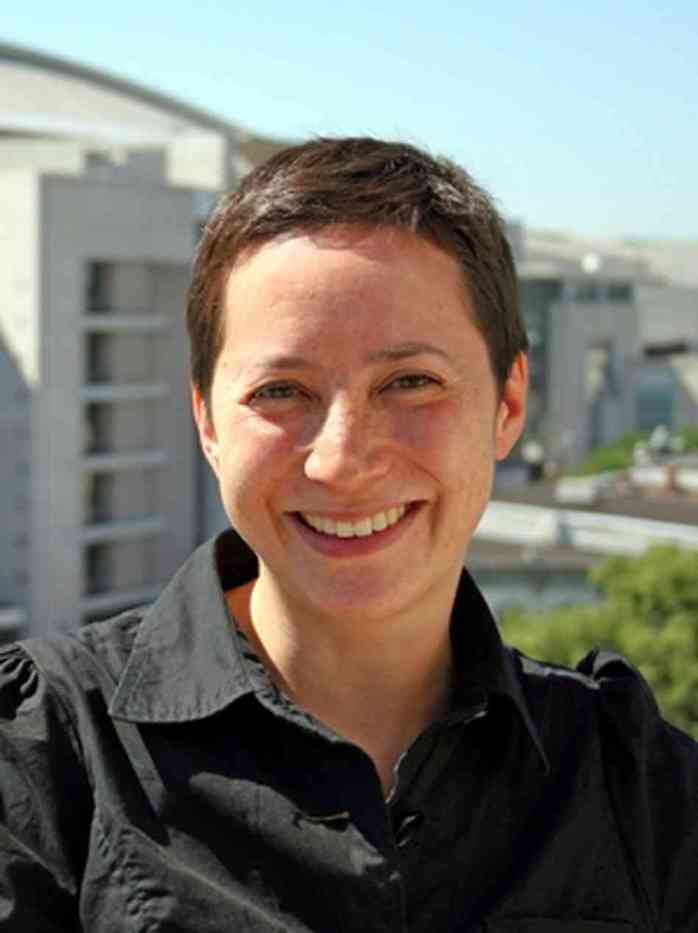
Despite its emergence from backward isolation into a dynamic world economic power, a quarter-century after the People's Army crushed unarmed protestors—labeled anti-revolutionaries—in Tiananmen Square on June 4, 1989, the defining event of China's modern history remains buried. Memory is dangerous in a country built to function on national amnesia. A single act of public remembrance might expose the frailty of the state's carefully constructed edifice of accepted history, one kept aloft by strict censorship, blatant falsehood, and willful forgetting. Though the consequences of Tiananmen Square are visible everywhere throughout China, what happened there has been consigned to silence. In The People's Republic of Amnesia, NPR's China correspondent Louisa Lim offers an insider's account of this seminal tragedy, revealing the enormous impact it had on China and the reverberations still felt today. Official hypocrisy and the government's obsession with maintaining stability and silence have deepened June 4th's impact on the nation's psyche. Lim interweaves portraits of eight individuals whose lives have been shaped by June 4—including the two women who started Tiananmen Mothers, one of the first and most prominent grassroots organizations outside the Chinese government's control; a student survivor involved in the protests; a soldier who took part in the suppression; and a high-ranking government administrator who played a role in ordering the tanks into the square. In the process she offers a textured, intimate, and haunting look at the national tragedy and an unhealed wound.
Author

Louisa Lim found her path into journalism after graduating with a degree in Modern Chinese studies from Leeds University in England. She worked as an editor, polisher, and translator at a state-run publishing company in China, a job that helped her strengthen her Chinese. Simultaneously, she began writing for a magazine and soon realized her talents fit perfectly with journalism. In 1995, Lim moved to Hong Kong and worked at the Eastern Express newspaper until its demise six months later and then for TVB Pearl, the local television station. Eventually Lim joined the BBC, working first for five years at the World Service in London, and then as a correspondent at the BBC in Beijing for almost three years. Lim opened NPR's Shanghai bureau in February 2006, but she's reported for NPR from up Tibetan glaciers and down the shaft of a Shaanxi coalmine. She made a very rare reporting trip to North Korea, covered illegal abortions in Guangxi province, and worked on the major multimedia series on religion in China "New Believers: A Religious Revolution in China." Lim has been part of NPR teams who multiple awards, including the Alfred I. duPont-Columbia University Award, a Peabody and two Edward R. Murrow awards, for their coverage of the Sichuan earthquake in 2008 and the Beijing Olympics. She's been honored in the Human Rights Press Awards, as well as winning prizes for her multimedia work. Currently attending the University of Michigan as a Knight-Wallace Fellow, Lim will return to her regular role as NPR's Beijing Correspondent before the end of 2014.